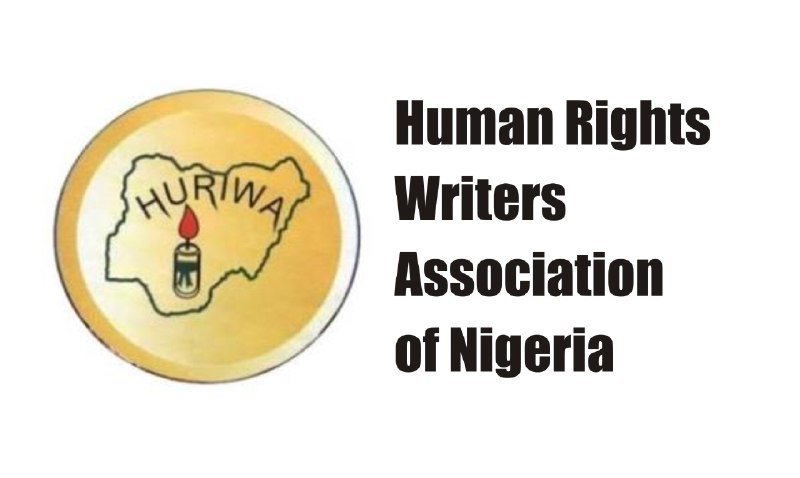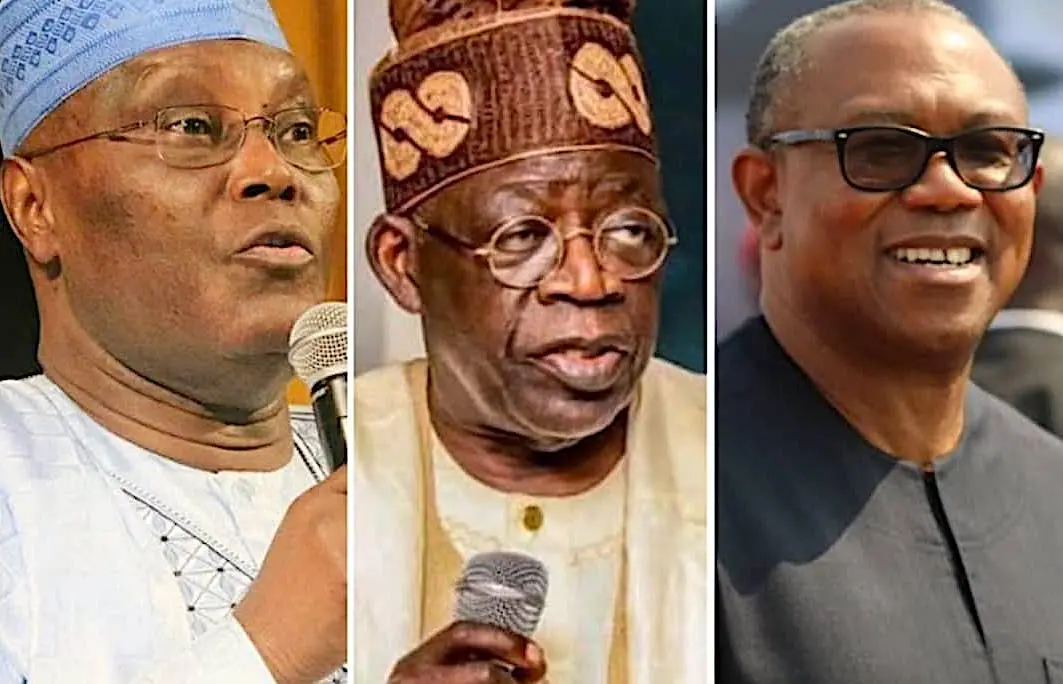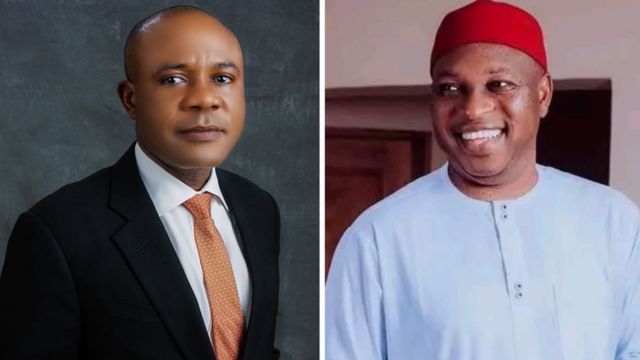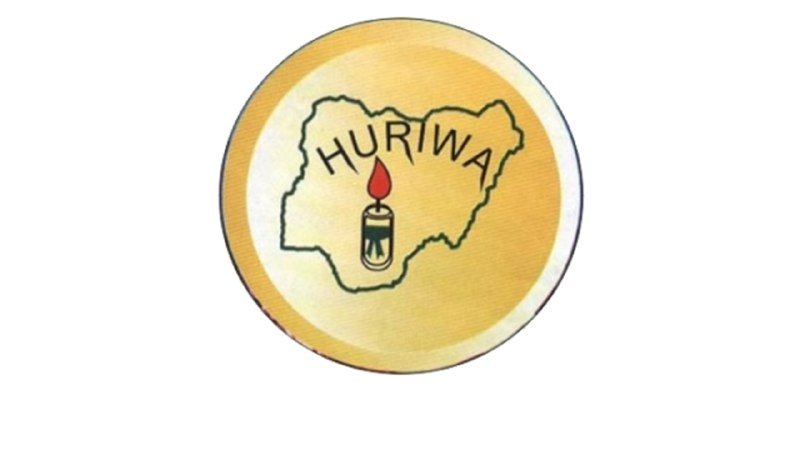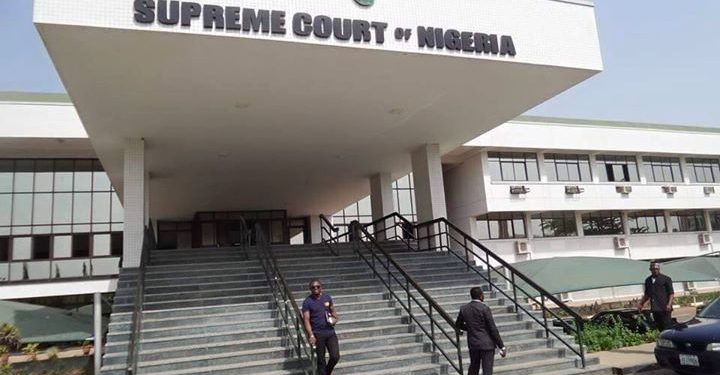President Bola Tinubu’s recent economic policies have drawn harsh criticism from the Human Rights Writers Association of Nigeria (HURIWA), which claims that they compromise Nigeria’s sovereignty.
HURIWA emphasised in a news release the sharp difference between Tinubu’s present policies and his prior opposition to measures of a similar nature during the government of former President Goodluck Jonathan.
The association recalled how, during the Jonathan administration, Tinubu and other notable individuals—including Muhammadu Buhari, the then-leader of the opposition—vehemently opposed the IMF and World Bank’s recommendations, claiming that measures like the elimination of subsidies and the depreciation of the Naira would damage Nigeria’s economic stability and erode the country’s sovereignty.
You’ll Pay The Price – Tinubu Sends Strong Warning To Yoruba Nation Agitators
HURIWA stated, “However, since taking office, Tinubu has adopted and intensified these very policies, leading to accusations of hypocrisy from various quarters.
“Critics have criticized Tinubu for this reversal, labeling it a betrayal of his earlier principles. According to them, Tinubu’s current endorsement of the IMF and World Bank measures, which he previously opposed, represents a significant departure from his earlier stance and effectively compromises Nigeria’s economic independence.”
Critics claim that Tinubu’s embrace of IMF and World Bank programmes represents a considerable break from his former views and jeopardises Nigeria’s economic independence, prompting allegations of duplicity and betrayal from a variety of sources.
The group emphasised that if Nigeria’s economic policy is in line with foreign interests, it reduces the nation’s financial sovereignty and gives outside forces power over its financial system. According to HURIWA, this action reduces Nigeria’s economic independence and exposes it to pressure from the global economy.
UPDATE: Supreme Court Grants LG Financial Autonomy
HURIWA further connected these economic policies to more general security issues, contending that the administration’s economic policies are directly responsible for Nigeria’s security agencies’ inability to successfully guard the nation’s borders. The group argued that insufficient border security has made it possible for criminals and armed non-state actors to infiltrate Nigeria, further threatening its sovereignty.
HURIWA asked that the government follow the Central Bank of Nigeria (CBN) Act, which requires the Naira to be stabilised.
The group underlined that preserving Nigeria’s economic stability and sovereignty depends on safeguarding the country’s currency. HURIWA also demanded stronger border security protocols to stop terrorists, weapons traffickers, and other criminal organisations from infiltrating.
HURIWA drew comparisons with nations such as the US, Canada, Australia, and the UK, pointing out that these countries have effectively defended their territorial and economic sovereignty by putting national interests first and retaining tight control over their borders and economic systems.
JUST IN: Biafra National Guard Launches New Weapon, Vows To Achieve Biafra
HURIWA added, “These countries have implemented policies that prioritize national interests, maintaining strong control over their economic systems and borders. For instance, the United States has resisted external pressures to devalue the Dollar, ensuring a stable currency that supports its economic strength. Similarly, Australia and Canada have fortified their borders against illegal entries, safeguarding their territorial integrity.”
HURIWA went on to say that in order to safeguard both national security and economic stability, Nigeria’s political leaders ought to embrace comparable tactics.
The association proposed that Nigeria can preserve its sovereignty and guarantee a more secure and prosperous future by opposing economic policies imposed by foreign countries and concentrating on fortifying border security.
The statement further stated, “HURIWA’s criticism of Tinubu’s policy reversal underscores the broader implications of adopting IMF and World Bank directives. Our call for adherence to the CBN Act and the enhancement of border security highlights the interconnectedness of economic policies and national sovereignty.
Visa Ban: We Decide Who Visits The UK – British Govt
“As Nigeria faces ongoing economic and security challenges, Our recommendations offer a pragmatic approach to achieving stability and defending the nation’s interests against external influences.”
Follow us on Facebook

